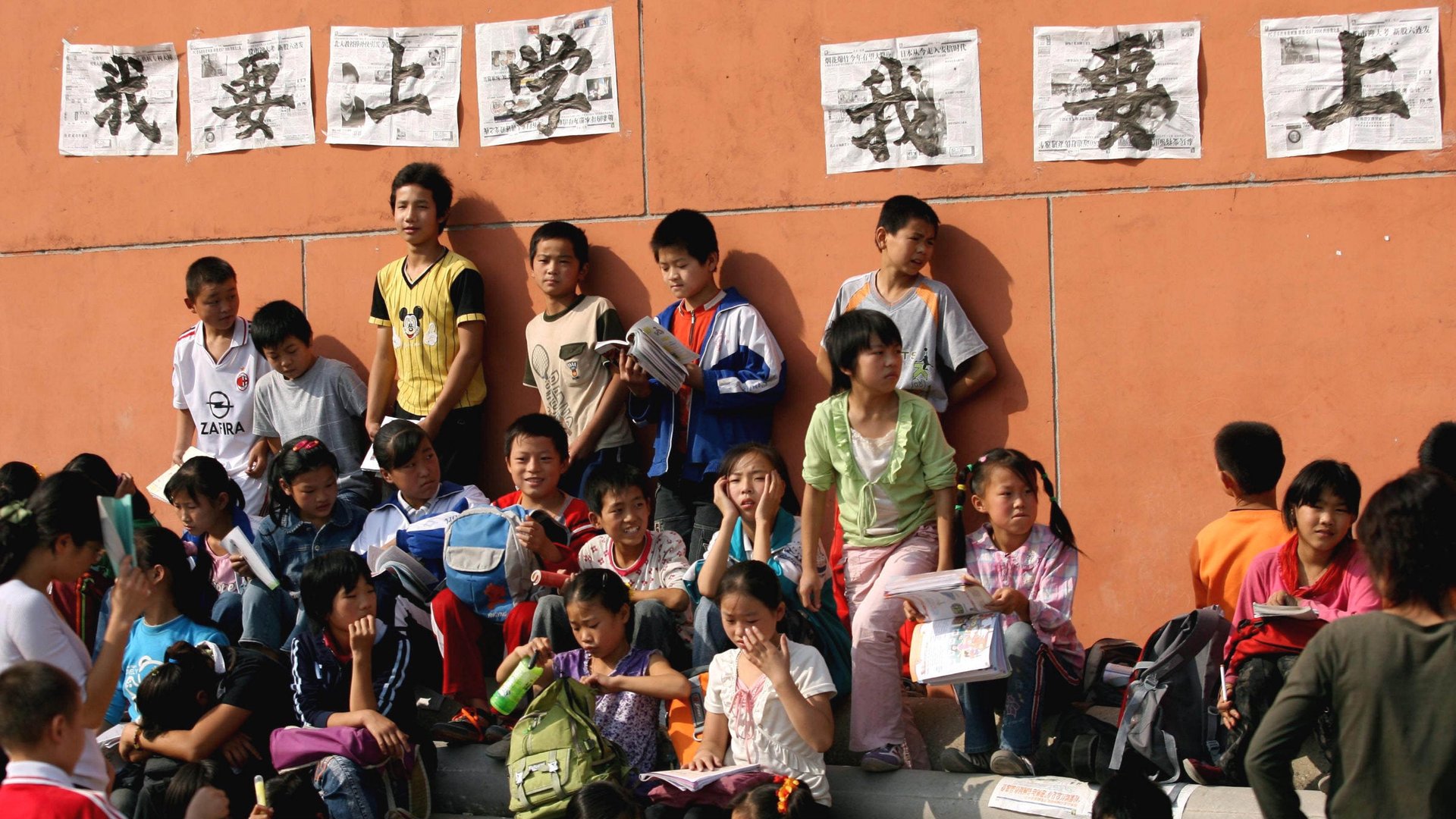Reform permits, schools, and money markets: Quick fixes that will grow China’s economy
Now that the veil has been lifted on China’s leadership mystery, questions loom large over what, if any, reforms are likely over the next decade. So far critiques of the new seven-member ruling body point to a more conservative streak but don’t expect a democratic thaw anytime soon. Those with the strongest reform credentials were either left out of the standing committee or reassigned. And no one knows for sure what Xi Jinping has in mind beyond platitudes not unique to the political class.


Now that the veil has been lifted on China’s leadership mystery, questions loom large over what, if any, reforms are likely over the next decade. So far critiques of the new seven-member ruling body point to a more conservative streak but don’t expect a democratic thaw anytime soon. Those with the strongest reform credentials were either left out of the standing committee or reassigned. And no one knows for sure what Xi Jinping has in mind beyond platitudes not unique to the political class.
Without significant reform China’s best days may be behind it as growth slows and opportunity stagnates. These five areas of low-hanging fruit would have a significant near-term economic impact.
1. Ending the hukou system. What’s old continues to be new as residency permits, dating back to Imperial times, restrict individual rights beyond their hometowns. When convenient, limitations on work are ignored for migrants in factories or on construction sites, but their children can’t attend school, they have no rights to medical care, and they can’t buy property. Ending this antiquated system would be a boon for low-end real estate development and reduce costs for companies that currently maintain worker’s dormitories. It would also significantly improve the future workforce with guaranteed education for all in a country struggling with an aging population.
2. Opening the financial sector. Ever since China joined the WTO there were promises of market-opening that have never materialized. Western firms have generally limped along hoping one day opportunity would arrive; that day has never come. The end result: a state-dominated sector that starves much of the private sector of needed investment and non-market saving rates. Free up both and a strong consumer class will follow. When foreign firms can compete openly for deposits, access money at the same preferential rates as their state-owned counterparts, and offer the full range of banking services in the mainland as they can in Hong Kong, times will indeed be changing.
3. Weaving a tight social safety net. With so much investment going into hard tangibles (roads, dams, buildings), very little time, attention, and resources have gone towards healthcare, education, and retirement programs. These days, middle-aged couples with one child and up to four aging parents act as this vital financing source. Until a more stable system is in place, a lack of basic social goods will continue curtailing consumer spending.
4. Equitable tax collection. As prosaic as it may sound, a functioning tax collection system is critical to development. To help build this social safety net, personal and corporate taxation needs to move from evasion to enforcement with all of the checks and balances required to effectively run programs. So far, the informal system of avoiding taxes remains more common and sophisticated.
5. Judicial independence and a real fight against corruption. To crack down on tax avoidance and the broader problem of corruption, especially at the provincial level and below, courts and judges need the freedom to prosecute. At the moment, corruption is seen primarily as an intra-party, and therefore, non-public issue. Politicization of the legal system is perhaps one of the hardest, but most influential reforms that could propel China into a new generation of growth and prosperity. When corruption cases reliably make the headlines rather than just circulating on Twitter, reform will have taken root.